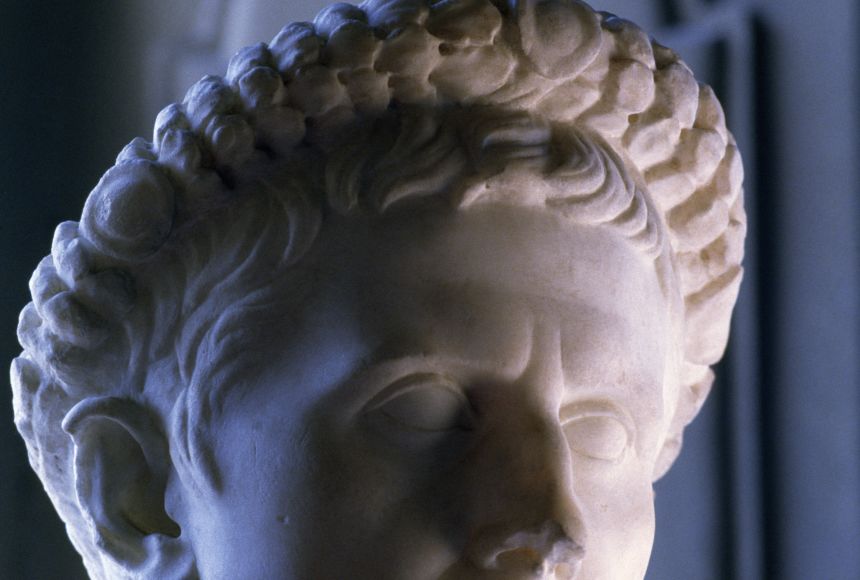ENCYCLOPEDIC ENTRY
ENCYCLOPEDIC ENTRY
Caesar Augustus
Caesar Augustus
Caesar Augustus was one of ancient Rome’s most successful leaders who led the transformation of Rome from a republic to an empire. During his reign, Augustus restored peace and prosperity to the Roman state and changed nearly every aspect of Roman life.
Grades
5 - 8
Subjects
Social Studies, World History
Image
Caesar Augustus
This statue is thought to depict Caesar Augustus, the first emperor of the Roman Empire.
National Geographic Creative

Media Credits
The audio, illustrations, photos, and videos are credited beneath the media asset, except for promotional images, which generally link to another page that contains the media credit. The Rights Holder for media is the person or group credited.
Author
Producer
other
Last Updated
October 19, 2023
For information on user permissions, please read our Terms of Service. If you have questions about how to cite anything on our website in your project or classroom presentation, please contact your teacher. They will best know the preferred format. When you reach out to them, you will need the page title, URL, and the date you accessed the resource.
Media
If a media asset is downloadable, a download button appears in the corner of the media viewer. If no button appears, you cannot download or save the media.
Text
Text on this page is printable and can be used according to our Terms of Service.
Interactives
Any interactives on this page can only be played while you are visiting our website. You cannot download interactives.